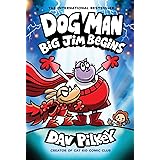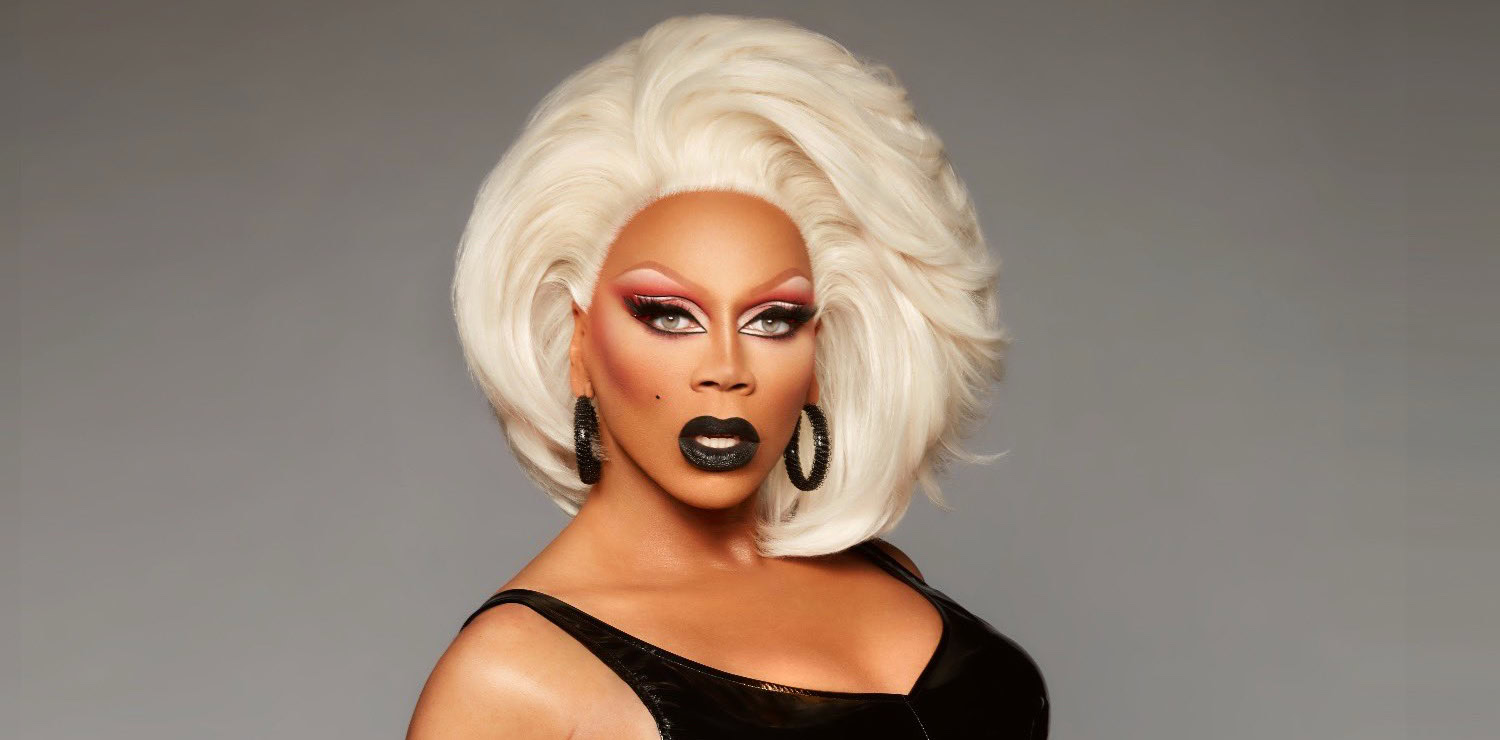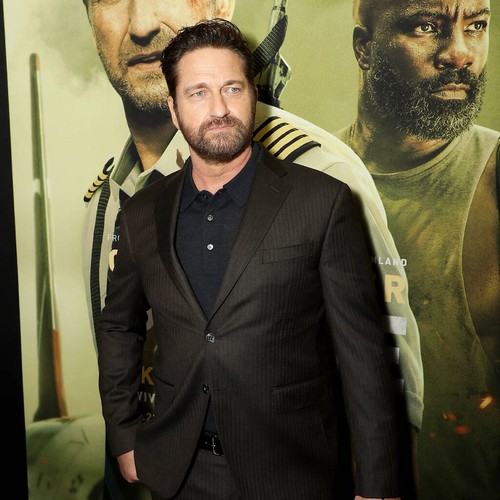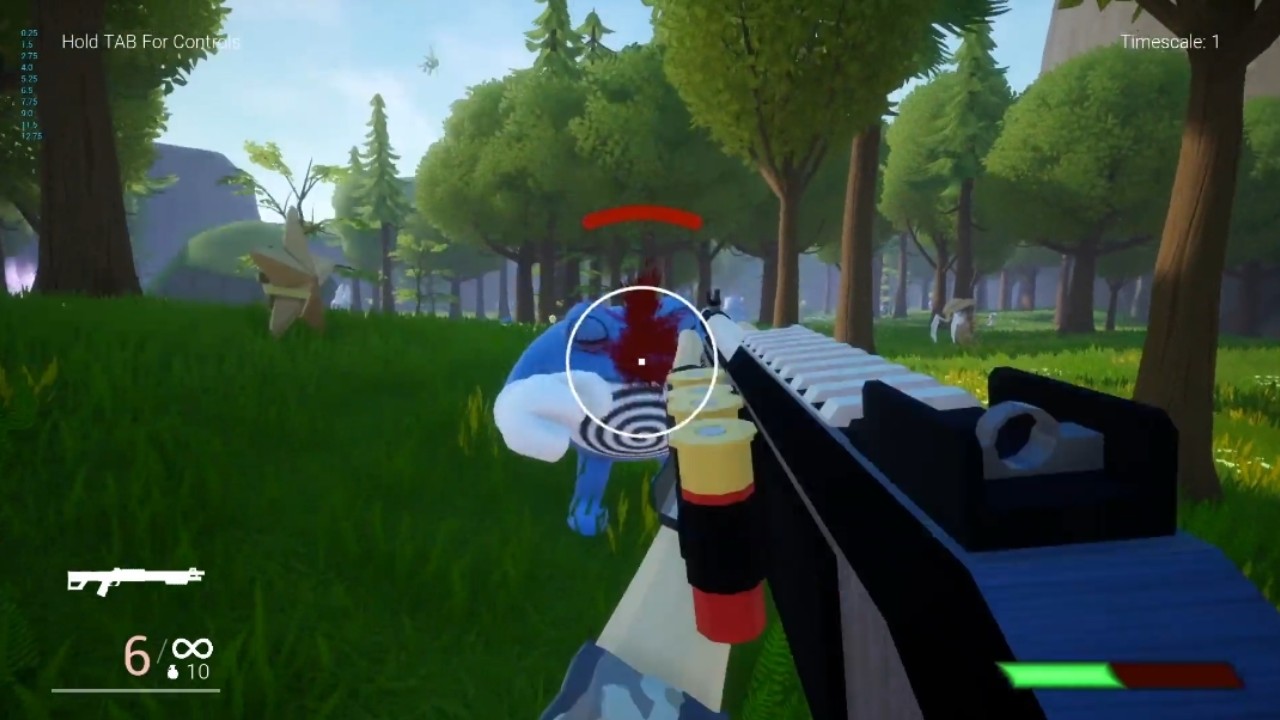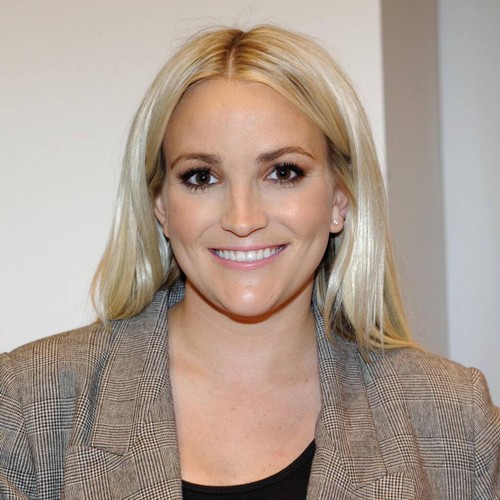
Only Murders in the Building and How I Met Your Father, two major in-house productions for Disney. Photo-Illustration: Vulture; Photos by Hulu
As recently as five years ago, a TV project boasting the creative auspices of Only Murders in the Building — produced by This Is Us creator Dan Fogelman, starring comedy icons Steve Martin and Martin Short — likely would have found its home only after a carefully choreographed rollout. There’d be well-rehearsed pitch meetings to a half dozen or more networks and streamers, a slew of phone calls between agents and buyers about what it was going to take to close a deal, and, more often than not, a well-timed story in one of the Hollywood trades touting a “massive bidding war” over rights to the show. But in the case of Only Murders, none of that happened.
Instead, the road to a series order was replaced by a far simpler process, one dictated by the new vertically integrated realities of the streaming business. Only Murders, the product of Fogelman’s overall deal at Disney-owned 20th Television, came to life in 2019 just as two big things were happening: The Mouse House took full business control of Hulu (after agreeing to buy out Comcast’s stake in the company), and then very quickly decided to put ABC and 20th Television under the same umbrella unit as the streamer. Along with this newly consolidated structure came a new mandate, namely that 20th would now exist mostly as a production arm for Disney’s various TV distribution platforms.
As a result, when Fogelman and production partner Jess Rosenthal told their bosses at 20th about the idea for Only Murders, there was no serious discussion about setting it up anywhere but inside the Magic Kingdom. Instead of the usual TV industry pitching Kabuki, it took just one quick meeting with top execs from Hulu to close a deal. “The only question we really ever asked them is ‘What do you need to make the best show possible?’” says Craig Erwich, head of original programming at Hulu and ABC. He handed a series order to Only Murders before the producers even had a chance to validate their parking.
Synergy between studios and their sibling networks and streaming services is hardly a new development in TV land. But in the past, keeping things in-house wasn’t always easy because not every show dreamt up by a creator made sense for the network (or even networks) of said parent company. Fogelman’s This Is Us is the perfect example: While the show was created under his 20th production deal, it ended up going to NBC in part because 20th’s network partner at the time, Fox Broadcasting, simply didn’t feel like the right home for the emotional, sentimental, decade-spanning character drama Fogelmam envisioned. Letting a Fox-produced show go to a non-Fox network just seemed the best way to ensure This Is Us became a big hit.
Five years later, the TV universe looks radically different. Every conglomerate is now obsessed with building up their respective streaming platforms, which exist to serve all kinds of viewers rather than particular demographics or brand identities. Instead of worrying about whether a show will run enough seasons to strike it rich in the syndication afterlife, the overriding mission for production companies is to create shows that bring value (read: subscribers) to these company-owned streamers, since the success of those platforms is what will determine the future profits of the conglomerate. “It really is a paradigm shift from how we were all doing business a decade ago,” says Karey Burke, a Disney vet who took over as president of 20th Television 13 months ago.
In the past, she says, there was a sense that “unless we took projects everywhere and created a bidding war, we weren’t creating value,” either for the company or creators. But between Hulu and Disney+, along with Disney’s broadcast and cable brands, there’s now “a home team, and it’s a really viable home team.”
And at least at Disney, there’s been a concerted effort to make sure that everyone on the home team was using the same playbook. The vertically integrated operations of the linear age still had rather thick walls between the studio and network arms, which often led to in-house rivalries and bickering as intense as anything that existed between competing companies. “In the past, with these quote, unquote, ‘sister studio’ relationships, the networks had an agenda that wasn’t always the same agenda as the studios,” explains Erwich, who has run both studios and networks during his more than three decades in the business. “That doesn’t mean that one was right and one was wrong — but they were different. Now, we all have the same agenda, which is to provide the best home for talent and that we work together to make sure we have a creative culture that can set each creator and each show up for success. That’s where the success comes from versus the petty rivalries of the past.”
Burke and Erwich both point to late 2020 as a pivotal moment. That’s when Disney decided to separate its studio and distribution businesses, allowing creative execs to work on making shows while the newly created Disney Media and Entertainment Distribution group concentrated on growing subscriber counts for Disney+ and Hulu. Around the same time, Dana Walden, chairman of entertainment for Walt Disney Television, unveiled a reorganization of her own team, putting Burke in charge of 20th Television and combining ABC and Hulu into one creative division run by Erwich.
Under the new system, Burke says she and her colleagues “are freed up in many ways to be far more focused on the creative side of the business” rather than worrying about where projects will sell or managing complicated relationships with a dozen or more outside networks: “We are set up for the future in a way that we were absolutely not five years ago.” Erwich echoes Burke’s analysis, saying he no longer even thinks of 20th — or the other Disney units that make shows for Hulu, such as FX, ABC Signature (Little Fires Everywhere) and Onyx Collective (the upcoming Reasonable Doubt) — as siblings. “We’re just one team,” he says. “And we’re all aligned on what the goals are.”
The execs also say communication has dramatically improved under the new system, in part — somewhat ironically — because of the pandemic. Hulu and Disney’s TV studios have kept their offices mostly shuttered through most of the past two years, and while business lunches and some events resumed (at least before Omicron), most contact between execs has been virtual and much less structured than in the Before Times. “One of the silver linings of the way we’ve evolved our work during the pandemic is we’re all just infinitely reachable,” Burke says. “We all have each other on speed dial, and there’s a group text . It’s allowed us to be in pretty constant communication. I can get to Craig or [other Disney TV execs] within an hour or two with the answer to a question. There’s a transparency and a partnership that is unlike anything I’ve experienced before with my colleagues.” Erwich says having the same boss helps: “With Dana over both Hulu and 20th, there’s a consistency of direction and a consistency of support. Everybody’s rowing in the same direction.”
While Erwich and Burke do a good job making Disney’s TV team out to be the Happiest Place in Hollywood, the consolidation of the production business has a potential downside. In theory, super successful creators and producers stand to lose under a system where their projects are not being shopped on the open market. Less competition usually isn’t a good thing. But the fact is Disney’s decision to concentrate on internal projects wasn’t made in a vacuum: Rivals such as Comcast, WarnerMedia, and ViacomCBS are also now pushing their best new content to in-house platforms. Just as importantly, Netflix and Amazon have spent the last few years building their own studio operations, and while both still buy a ton of projects from third parties, their biggest bets are increasingly from talent housed within (such as Shonda Rhimes, Ryan Murphy, or Amy Sherman-Palladino). The result has been the creation of a modern-day studio system, where the biggest artists sign up to work for one team rather than set up projects all over Hollywood.
Burke concedes that a few years ago, there were some tough conversations between studios and agents over compensation and concerns about self-dealing. “But now that the paradigm shift has taken root, creators and reps understand” that this is the reality of the business, and that new financial models allow for increased compensation if shows are successful. The biggest showrunners are also now being rewarded with eight-figure deals guaranteeing them crazy amounts of cash no matter how well their shows perform. And because companies have more invested in wholly owned projects, there’s a bigger emphasis on figuring out how to make sure a project is a success than in the old days — when a network might green-light a show from an outside studio in May, lose faith in it over the summer, and then decide to bury it in a bad time slot come March.
Obviously, some projects will still end up slipping through the promotional cracks or simply not connect with audiences. But Burke and Erwich say that they and their colleagues work as a collective to avoid that outcome, carving out a plan for a series as soon as it gets ordered. “We sit down and look at every television show that gets made and decide what it needs to be successful,” says Erwich. “That goes from what platform it goes to, to how it gets released, to how it gets marketed, to is it a binge or a weekly. We have a very bespoke approach across the company to each piece of content and each creator.” Erwich says that is particularly true when it comes to marketing and promotion, an area where Disney has traditionally excelled. “There are tremendous megaphones within the Disney system that we tap into,” he says. “Only Murders in the Building was a company-wide priority. We were authentically invested and believed that the show was incredible, and for everybody to have the same priority and the same message to act upon is where that really makes a difference.”
That concentrated, company-wide approach paid off: Only Murders ended up becoming Hulu’s most-watched comedy series ever and is now turning into a major force on the awards circuit, with multiple SAG and Golden Globe nominations under its belt. Hulu and 20th are hoping for something similar with next week’s launch of the Hilary Duff–led How I Met Your Father. Despite being a spinoff of 20th’s long-running CBS hit How I Met Your Mother, the project never even got pitched to the Eye. And while ABC might in theory have been a home for it — Burke admits she was “slipped” a copy of the pilot script when she was still at the network — Hulu was always the most logical fit. “It literally was a bull’s-eye for what Hulu was looking for, which was an ideally multiple season, Zeitgeisty comedy,” Burke says. Plus, because the original HIMYM had been a consistent performer as part of Hulu’s classic TV library, Erwich says his team felt confident there was a built-in audience for the follow-up. “It was very clear that Hulu was going to be the best place for the show,” he says.
Still, even in this era of shows staying in the family, Erwich insists he and his fellow Disney execs don’t flat-out dictate to writers and producers where their projects end up. “We’re not presumptuous, and we don’t take for granted with any of our creators that they have to bring their shows to Hulu or that they have no choice in it,” he says. “Even with our internal talent, we demonstrate to them, and we explain to them, and we sell to them, why Hulu is the best place for their shows.” And while Disney’s TV and streaming empire is vast enough to house just about every kind of show, Burke says she and her fellow studio chiefs are still open for business with outside platforms in certain situations, particularly with shows designed for linear networks. “If for some reason a show doesn’t find its home internally, we sell everywhere,” she says. “We have a great pilot that we love in contention at CBS right now. It’s the best of both worlds.”
The Streaming Shows Are Coming From Inside the House
Note: This article have been indexed to our site. We do not claim legitimacy, ownership or copyright of any of the content above. To see the article at original source Click Here





